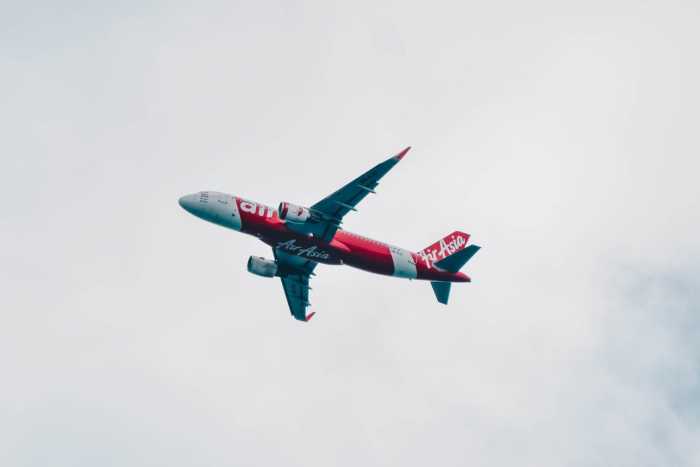
Nok Air Seeks Return to Profitability, Expanding to China
20th Jul 2016

In an effort to return to profitability and to become more diversified, Thailand-based budget carrier Nok Air is making plans for an international expansion, specifically to China.
Airline’s Chief Executive Officer Patee Sarasin said that Nok Air will launch flights between Bangkok and Kunming in November as well as Bangkok and Quanzhou by the end of 2016, with both routes being served three times per week. Nok Air already serves Bangkok-Nanning (three times per week) and Bangkok-Chengdu (once daily).
Sarasin explained why China was chosen:
It’s perfect timing to go to China. The country is opening up but it has restricted certain Thai airlines from going in. For now, the market isn’t saturated.
Based on the audit by the International Civil Aviation Organisation (ICAO), which “red flagged” Thailand’s aviation sector for safety concerns, China has banned scheduled and charter flights from this country last year. However, according to Sarasin, Nok Air has managed to upgrade its flight operations and fulfill China’s regulatory requirements.
Sarasin also added that Nok Air is looking at expanding to India next:
China is not the only game we’re going to play in; we’re looking at India for the future. But our concern is the short, three-hour regional flight so we can spread across Asia.
When Will Nok Air Return to Profitability?
Due to the market being congested and Nok Air poorly utilizing its aircraft because of the lack of pilots, the airline has reported a net loss in 2015 of $20.08 million.
Sarasin, however, said that he anticipates the carrier to return to profitability by the fourth quarter of 2016. He said the following about this:
In five years, 40 per cent of revenue will come from China and regionally.
Plans for Nok Air Growth Rely on the Value Alliance
Of course, when it comes to Nok Air’s growth plans, much of it depends on the Value Alliance and the carrier will lean on its newly formed alliance to boost its network.
Sarasin explained:
The critical ideology behind the alliance is that we are sitting beside the AirAsia Group and the Lion Group – they’re the big guys. They’re not necessarily successful, but they’re big. The alliance takes the strong local brands, ties them up and creates the ability to expand throughout the region. We’re now suddenly exposed to Asia-Pacific.




